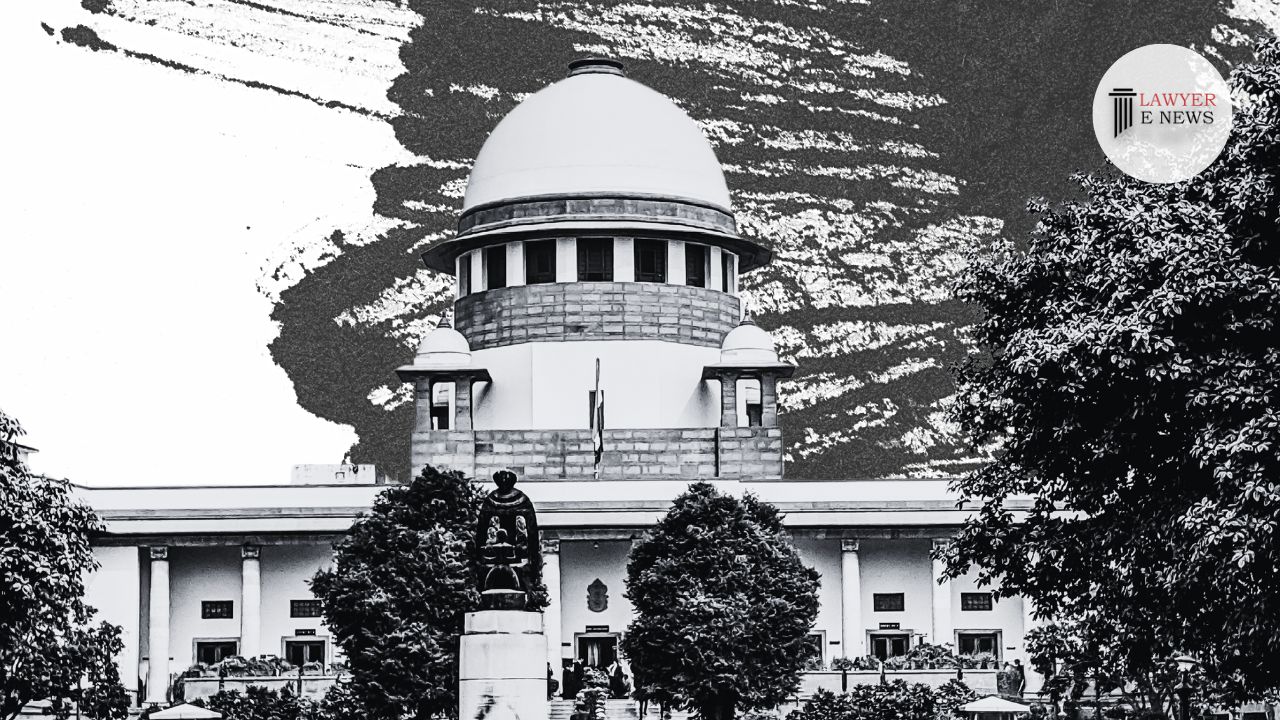-
by Admin
15 February 2026 2:36 AM



Supreme Court of India emphasizing the urgent need for a Central Government scheme to provide cashless treatment for road accident victims during the critical "golden hour." The Court directed the government to finalize the scheme by March 14, 2025, citing the constitutional right to life under Article 21 as the foundation for its intervention.
The case arose from concerns about the lack of timely medical treatment for road accident victims during the "golden hour," the critical one-hour period following a traumatic injury. Section 162 of the Motor Vehicles Act, 1988, mandates the creation of a scheme for cashless treatment during this period. Despite its enactment on April 1, 2022, no such scheme had been implemented, prompting judicial intervention.
The petitioner, S. Rajaseekaran, highlighted the dire consequences of delayed treatment due to procedural bottlenecks and financial constraints faced by victims. The Court examined the statutory framework under Sections 162 and 164-B of the Motor Vehicles Act and observed that legislative intent had not been translated into actionable policies.
The Court underscored that the "golden hour" is crucial for saving lives. Section 162 defines it as the one-hour period during which prompt medical care significantly increases survival chances. Justice Abhay S. Oka stated:
“Every human life is precious. The denial of treatment during the golden hour due to procedural or financial hurdles is a violation of the right to life guaranteed under Article 21.”
The Court held that the Central Government has a statutory duty to frame a scheme under Section 162(2) for cashless treatment. Despite the establishment of the Motor Vehicle Accident Fund under Section 164-B, the absence of a scheme rendered the fund ineffective.
A draft concept note submitted by the Ministry of Road Transport and Highways proposed a maximum expenditure cap of ₹1,50,000 and limited treatment to seven days. The Court found these provisions inadequate to meet the scheme's objectives and directed the government to address these issues before finalizing the scheme.
The Court noted delays in processing claims under the "hit and run" compensation scheme. It directed the General Insurance Council (GIC) to streamline claim processing by developing an online portal and clearing deficiencies in documentation.
Directions Issued
Deadline for Scheme Finalization:
The Central Government was directed to finalize and file the scheme under Section 162 by March 14, 2025.
Improvement of Draft Scheme:
The Court emphasized that the scheme must be comprehensive, addressing the concerns about monetary caps and duration of treatment.
Development of Online Portal:
GIC was tasked with expediting the creation of a portal to facilitate claim processing and transparency.
Pending Claims Resolution:
GIC was instructed to coordinate with claimants to address documentation deficiencies and clear pending claims.
The Court scheduled the next hearing for March 24, 2025, to review the scheme and compliance reports.
The Supreme Court's directive emphasizes the urgency of implementing measures to ensure timely medical intervention for road accident victims. By prioritizing the right to life and addressing administrative gaps, the judgment underscores the judiciary’s role in ensuring that statutory mandates translate into effective policies.
Date of Decision: January 8, 2025
